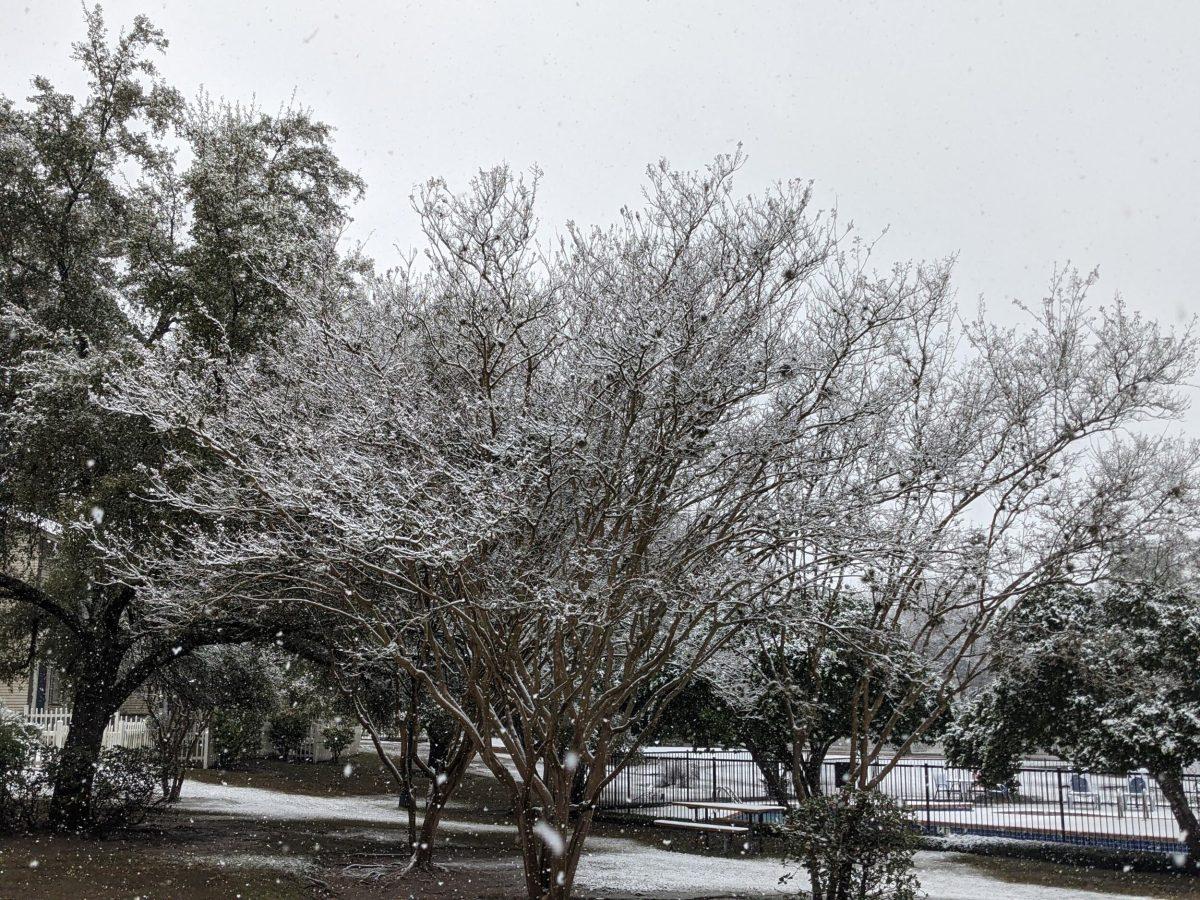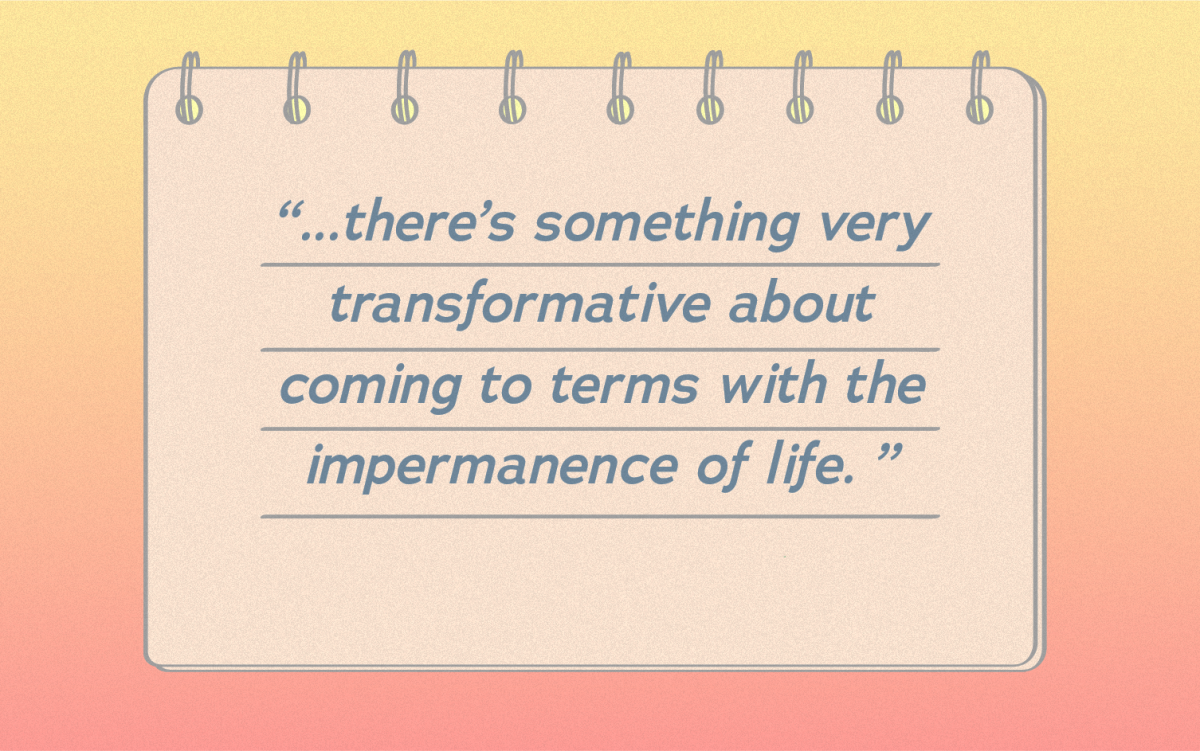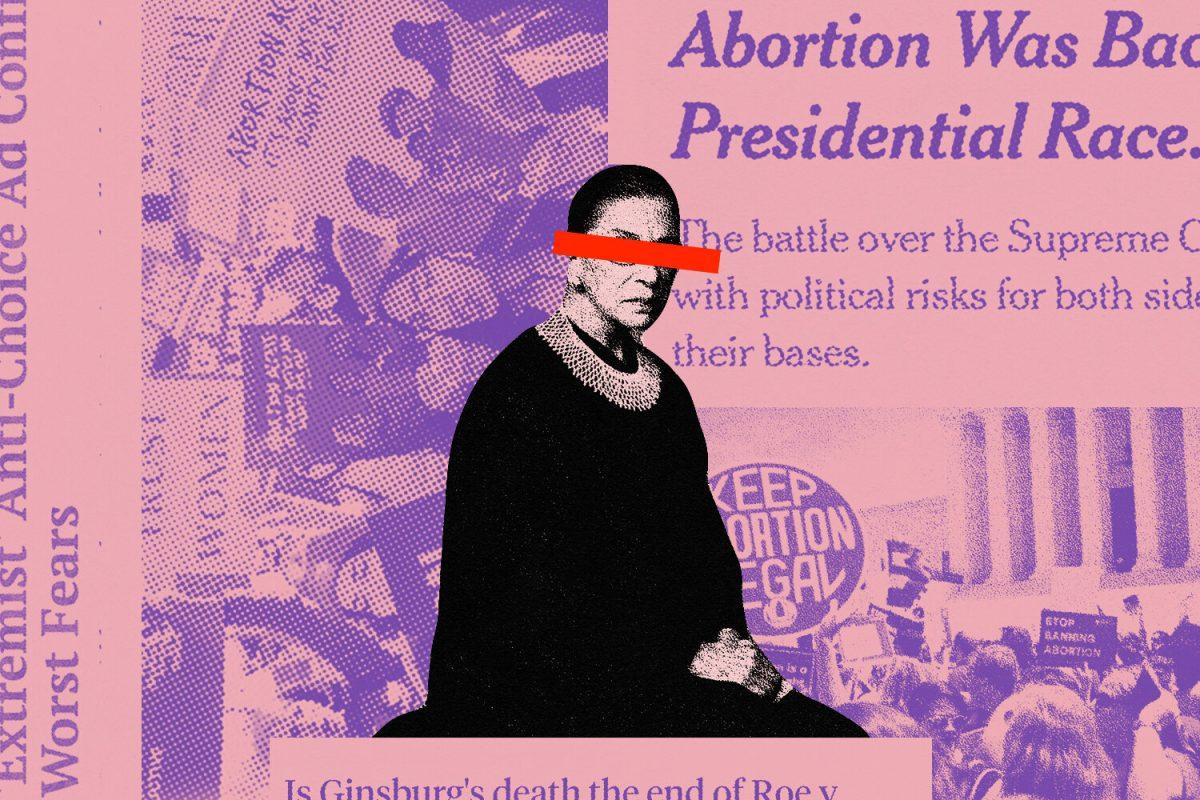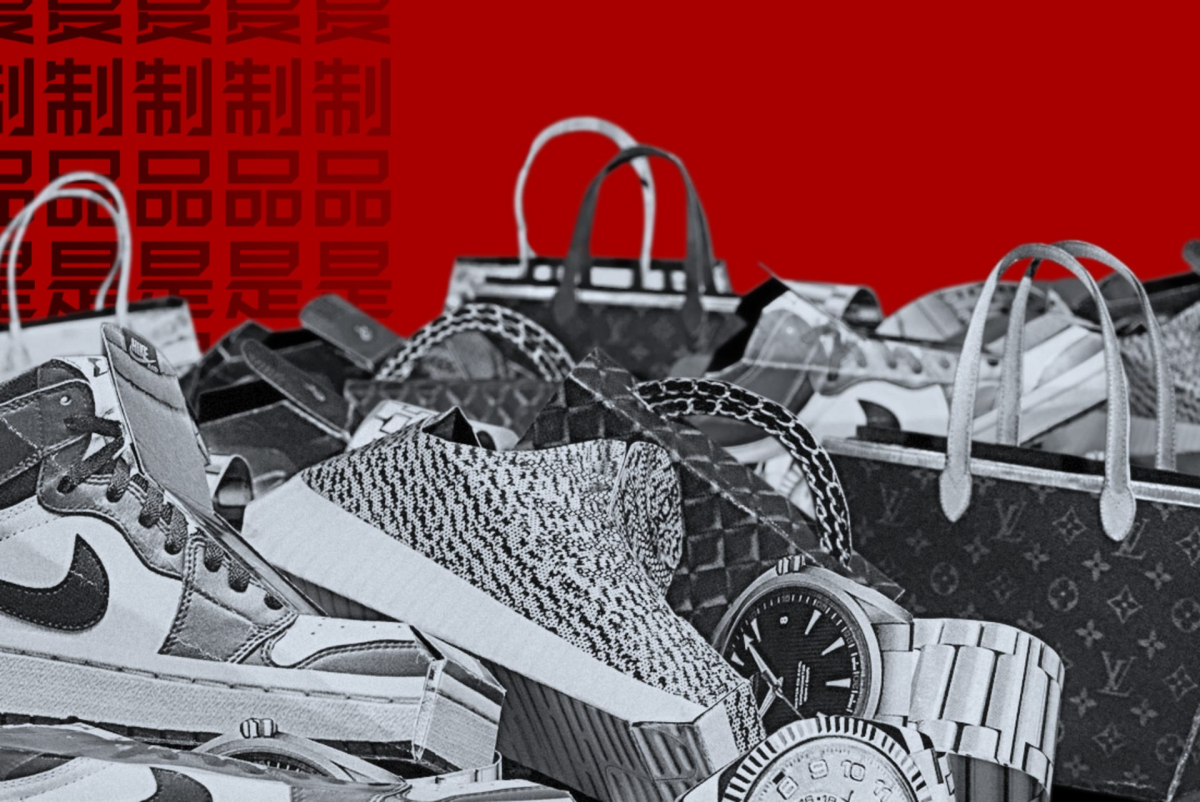Black Friday is the one time of year when people can trample each other for goods the day after expressing gratitude for what they already own.
By Bailey Cho // @baileyhcho
Illustration by Allie Li
Thanksgiving is spent expressing gratitude.. From family to health, we cherish the intangibles that money cannot buy and spend valuable time with our loved ones, reminding us of the joyous connections in life. Although this may seem like one of the few times where America is not driven by consumerism, the collective spirit of Thanksgiving fades as quickly as the last plate of pumpkin pie is finished. In the dark morning hours after Thanksgiving, Black Friday shoppers flood stores to secure cheap deals on clothing, technology and random non-necessities.. This is the perfect time to complete your holiday shopping while saving their hard-earned money. What’s not to love? Consumers can finally own products they value at reduced prices. Producers also profit with the increased product sales – everyone benefits. Black Friday seems to fuel the economy, but most Americans who participate in this “holiday” forget the true cost of excessive spending.
Reinforcing the idea that “consumption is king”, Black Friday champions capitalism. Competing corporations and private companies control prices and production of their products with the sole goal of increasing profit. While more profits for a company may equal more resources to distribute among workers, most bosses neglect the human beings who manufacture those very products they sell. Those not at the top of the decision-making ladder, or those who are not consumers themselves have no choice but to sell their labor to an unequal system never seeks to improve their status. Capitalism drives economic and social inequality.With unnecessary purchases frequented on Black Friday, shoppers feed into a never-ending cycle within American culture that equates material with success. Despite the exploitation of workers in every industry, consumers care more about owning the latest products to boost their own social status.
In addition, there is not a sustainable method to produce enough supply to meet demand during Black Friday and Cyber Monday. Mass production is the solution for many companies, but the process is extremely damaging to the environment.
During Black Friday in 2011, outdoor clothing manufacturer Patagonia published its ‘Don’t Buy This Jacket’ advertisement in The New York Times. An image of Patagonia’s best-selling R2® jacket contrasted with text regarding the item’s production process, highlighting the environmental impact of consumerism. According to the ad, consumers contribute to an increasing “environmental bankruptcy” as many resources, including water and topsoil, are becoming scarcer due to clothing production. To produce Patagonia’s best-seller, 135 liters of water are used and twenty pounds of carbon dioxide are generated – a reminder to only purchase necessitates.
Patagonia separated itself as a transparent brand in 2011 and continues to do so with its other initiatives. However, the majority of brands do not attempt to inform consumers about their environmental footprint. It’s up to us to gain information about what we purchase and the manufacturers behind products. If you decide to indulge in Black Friday this year, ask yourself if what you want to buy is really worth its cost – and not just the cost on the price tag.












































